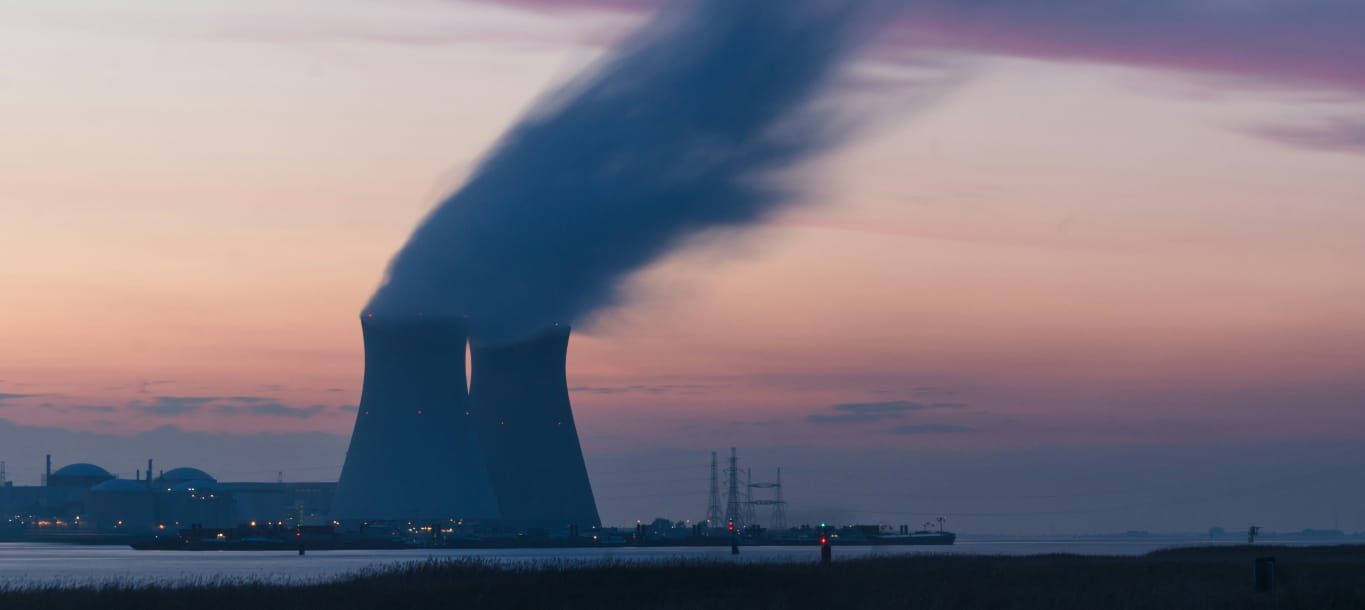What is a nuclear technician?
A nuclear technician works to ensure that nuclear reactors and other nuclear equipment are as safe as possible. They work alongside other nuclear energy professionals (physicists, engineers) to monitor nuclear reactors. Although nuclear technicians typically work in nuclear power plants, they might also work in laboratories to help with research into new technologies or the development of radioactive medicines.
What are the typical responsibilities of a nuclear technician?
Day to day responsibilities include:
- Operating and testing machinery in nuclear power plants
- Maintaining nuclear machinery, by carrying out regular inspections and safety checks
- Repairing faulty equipment, and alerting colleagues in case of safety concerns
- Removing and cleaning up hazardous waste according to safety regulations
- Measuring and mapping levels of radiation across the site
- Implementing sustainability measures like installing energy efficient equipment and minimising levels of nuclear waste.
- Cleaning and organising laboratory equipment
What’s the working environment like?
As discussed, nuclear technicians can work at a power plant, at a research facility or a laboratory. The working environment tends to vary depending on where you’re employed. For example, given that nuclear power plants are open 24 hours a day, most technicians will need to work nights, weekends and holidays to ensure round the clock maintenance. However, technicians working in a laboratory setting will most likely maintain a more regular schedule.
Regardless of the working environment, all nuclear technicians will need to wear protective equipment (respirators, plastic suits, ear and eye protection) to protect themselves from the effects of nuclear waste.
What skills do you need to be a successful nuclear technician?
Attention to detail is a crucial requirement of this role. When testing nuclear equipment, you’ll need to be able to quickly notice any faults to alert the rest of your team and enact the necessary safety precautions.
Similarly, analytical thinking is also a valuable skill. This will allow you to come up with effective solutions to any problems that occur, ensuring the safety of you and your team.
Computer skills are also needed, as you’ll often be using digital software to log important information.
How do I become a nuclear technician?
There’s a variety of ways to become a nuclear technician. You could complete a college or university course in engineering, nuclear science, physics or maths. There’s also apprenticeship opportunities, for example the Nuclear Technician Level 5 Higher Apprenticeship. However, for this apprenticeship you’ll need 1 or 2 A-levels (or equivalent). Thus, the Maintenance and Operations Engineering Level 3 Advanced Apprenticeship is another opportunity to enter the sector, as you can complete on-the-job nuclear training.
Finally, one thing to keep in mind is that you’ll need to pass security clearances (DBS check and an identity check) to work on a nuclear power site.
